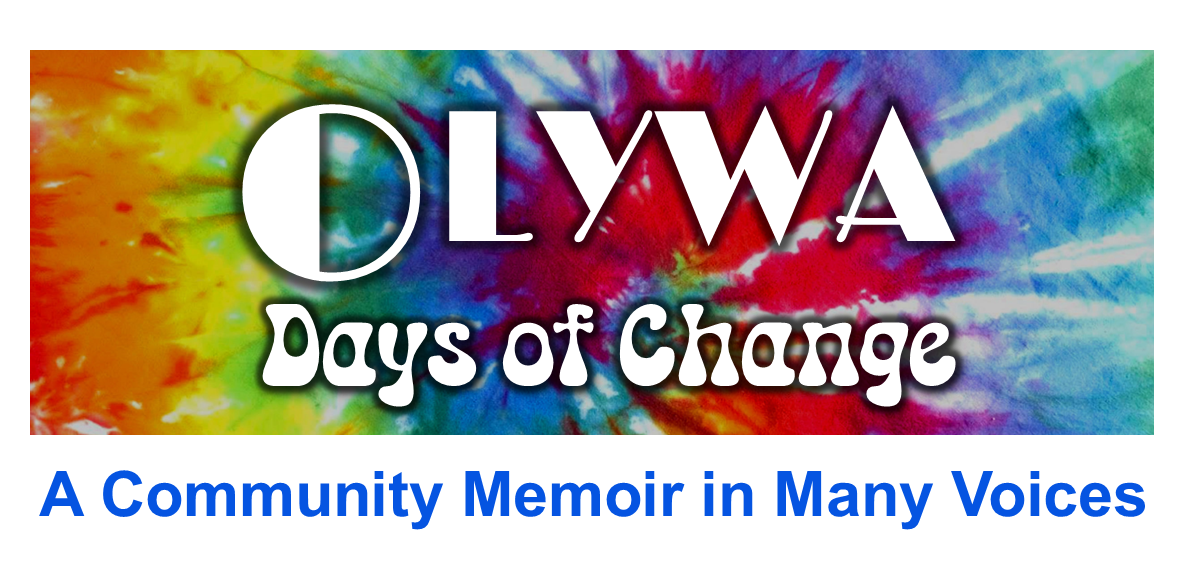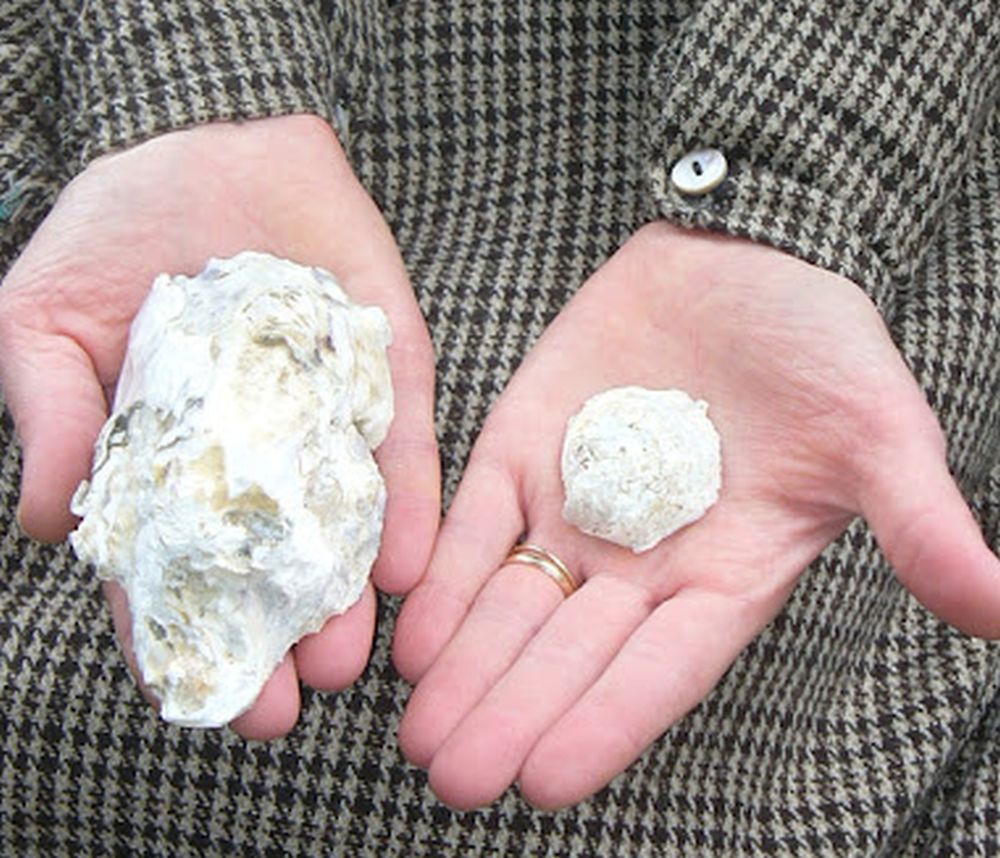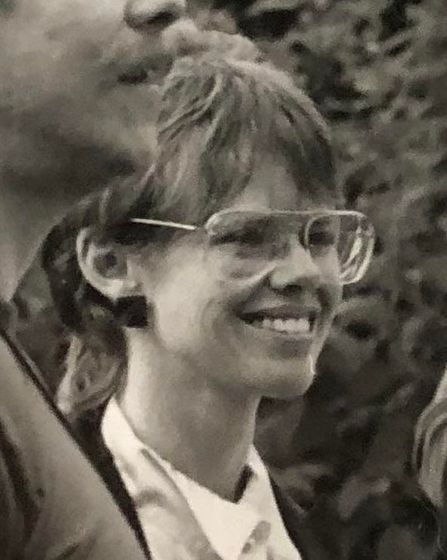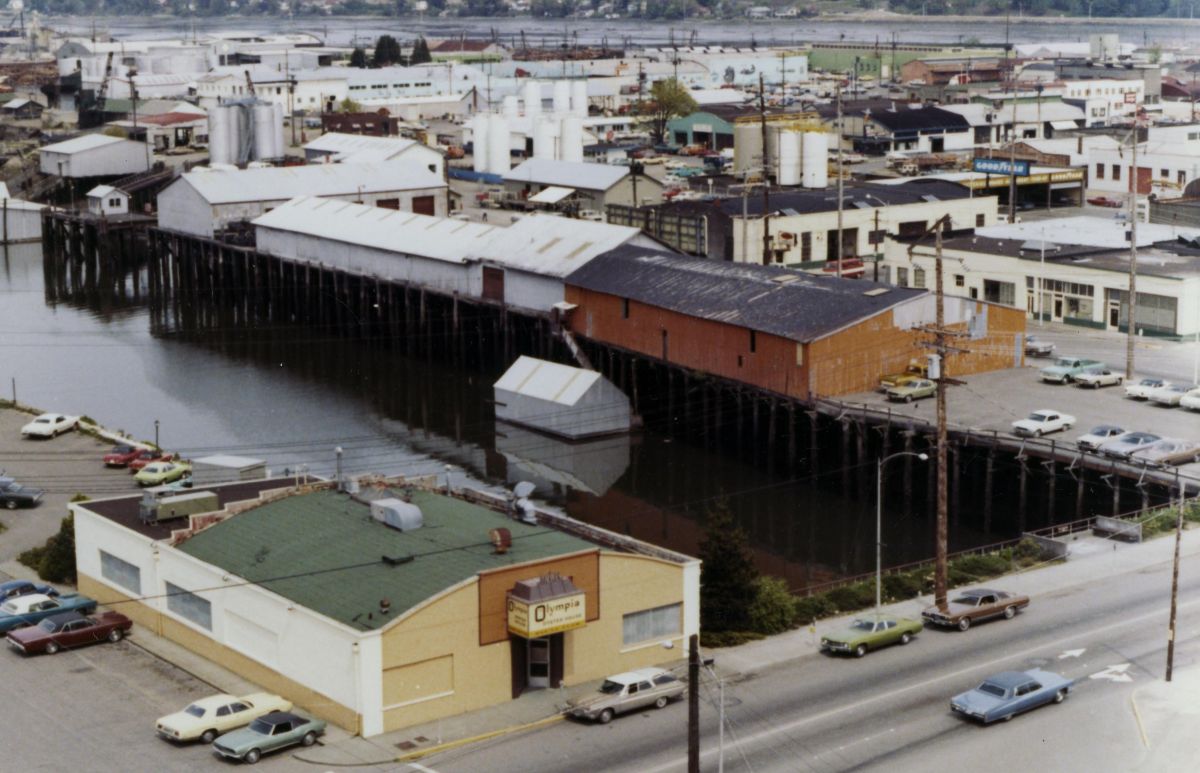Olympia Offers Sanctuary to a Salvadoran Family 1983-1986 – By Bob Zeigler
In the early 1980s, Saint Michael Catholic Church joined the national public Sanctuary Movement for Salvadoran and Guatemalan refugees who fled the wars in their countries but were denied US asylum . . . the parish went through three months of discussions and discernment looking at needs, risks, and benefits of doing this, and in a parish vote, more than 70% of members voted to become a sanctuary church. Four hundred members signed up to help in some way and raise the funds to support a family.





